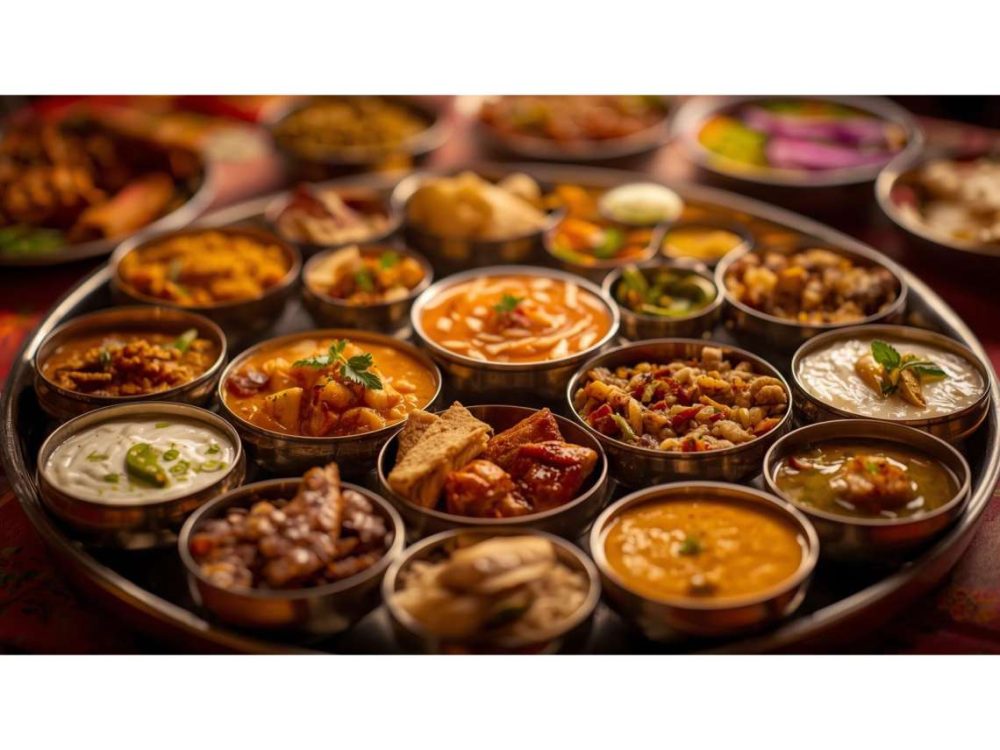Elisa Pineda, Research Fellow at The George Institute for Global Health, UK, said, “India was generally better than neighbouring countries in terms of implementation of food environment policies and infrastructure support related to food and health” …reports Asian Lite News
India is ahead of neighbouring countries in the implementation of food environment policies, but needs stronger policies and infrastructure to enable healthier food choices to combat non-communicable diseases (NCDs) like obesity, diabetes, and heart diseases, according to an expert on Sunday.
In a recent study, an international team of researchers, including scientists from The George Institute for Global Health, mapped the food policies and supporting infrastructure in four South Asian countries including Bangladesh, India, Pakistan and Sri Lanka.
The team assessed the level of implementation of these policies and identified priority actions for the primary prevention of diet-related NCDs.
Elisa Pineda, Research Fellow at The George Institute for Global Health, UK, said, “India was generally better than neighbouring countries in terms of implementation of food environment policies and infrastructure support related to food and health”.
“But it still needs improvement to prevent the rising incidence of diet-related diseases like obesity, type 2 diabetes, and cardiovascular diseases,” she added.
The study, published in the journal The Lancet Regional Health – Southeast Asia, showed that NCDs are the leading cause of illness and death worldwide.
South Asians, in particular, face a higher risk of developing Type 2 diabetes and cardiovascular diseases compared to other populations. The prevalence of diabetes in South Asia is projected to be about 151 million by 2045, it noted.
While the causes of NCDs are complex, an unhealthy diet is a leading modifiable risk factor, Dr. Elisa said.
Evidence suggests that improving food environments and implementing effective food-related policies are key to achieving healthier diets and reducing the prevalence of NCDs.
“India showed moderate progress in food labelling and taxation — all packaged foods were labelled in line with Codex recommendations and the government has introduced health taxes and regulations on the content of salt, sugar, and fat in food products, fruits and vegetables are tax-free, and there is a “Fat Tax” on unhealthy foods,” the researcher said.
“However, other areas like food composition, provision, trade policies, and promotion remained weak.
“Although the promotion of foods high in fat, sugar, and salt was prohibited in schools, regulation of the promotion of unhealthy foods in other settings is required,” Elisa said.
Further, the study showed that in terms of infrastructure support for healthier food environments, India performed relatively well in leadership, governance, monitoring, and funding compared to Bangladesh, Pakistan, and Sri Lanka.
However, “areas like platforms and integrating health into all policies were still weak, as there were no processes to assess the health impacts during the development of other non-food-related policies and no formal platforms between the government, the commercial sector, and civil society on food policies for improving population health,” Elisa said.
“Overall, while India was ahead in certain aspects, significant efforts are needed to achieve stronger and more comprehensive implementation in both policy and infrastructure support to enable healthier food choices and prevent non-communicable diseases like type 2 diabetes and cardiovascular diseases,” she added.
The study called for urgent action to expand food policies beyond hygiene and food security measures.
Key recommendations include enhancing food labelling to help consumers make healthier choices; introducing taxes on unhealthy foods and subsidies for healthy options to encourage better eating habits; implementing stricter regulations on the marketing of unhealthy foods, especially to children; and ensuring that school meals meet high nutritional standards to promote healthy eating habits from a young age.
ALSO READ-Junk Food Fuels Piles, Fistula, Fissures in Young Indian Adults














